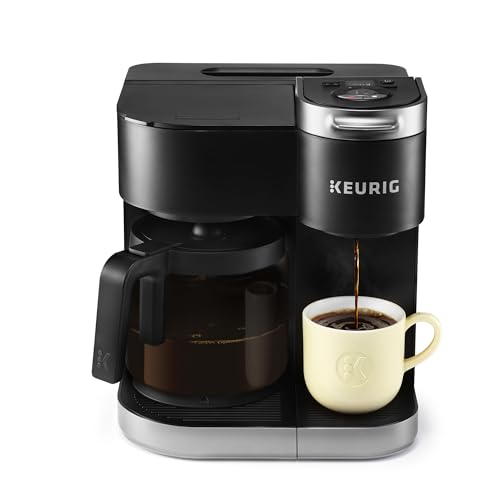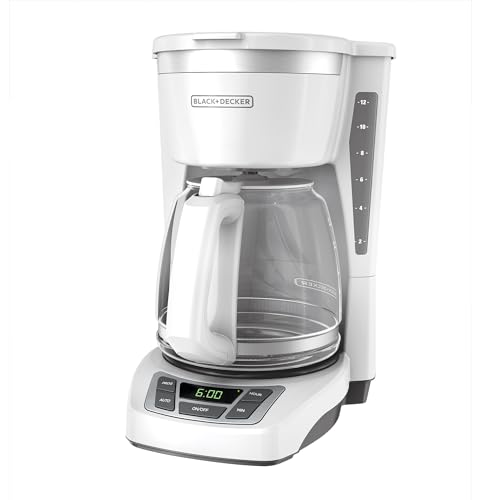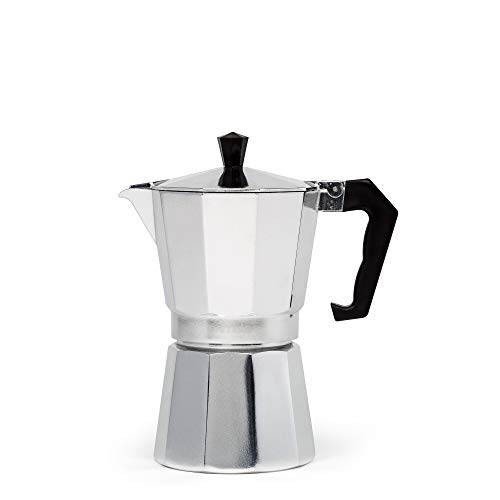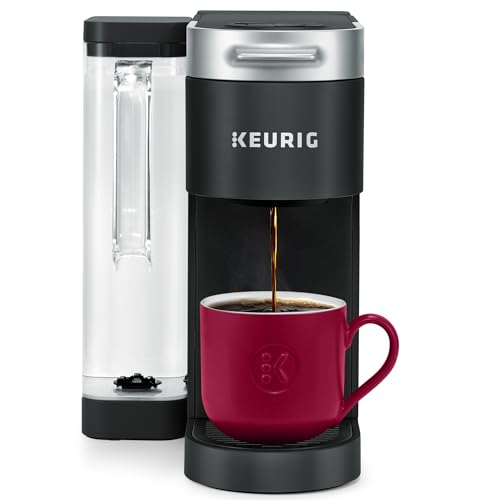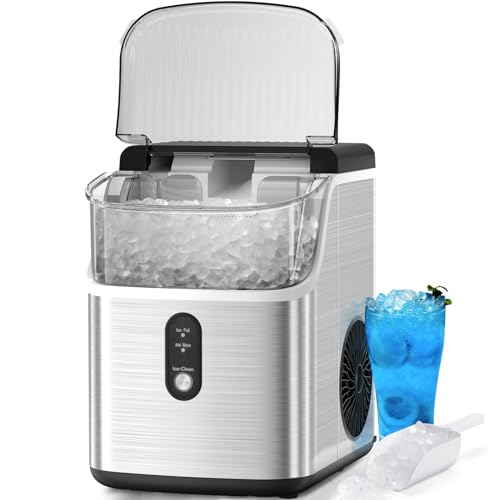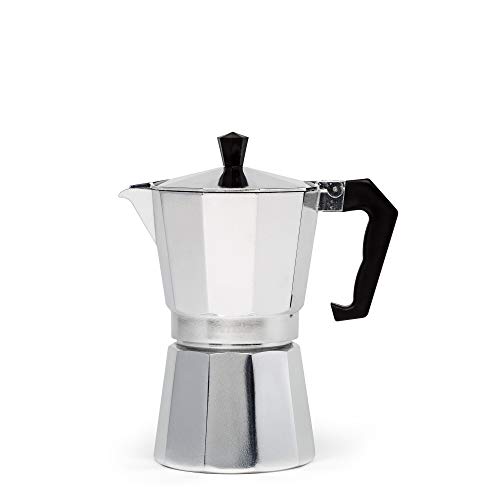“Can a refrigerator be plugged into an extension cord?” This is a common question homeowners often grapple with, particularly in situations that demand flexibility in appliance placement or during home renovations.
Addressing this query requires an understanding of both electrical safety standards and the power requirements of refrigerators. In this article, we aim to provide a comprehensive overview of this matter.
We delve into the manufacturer’s instructions, the types of extension cords suitable for such use, and the potential risks involved. We also provide insights into alternative solutions that homeowners might consider to ensure safety and maintain the efficiency of their refrigerator.
Remember, making the right decisions for our appliances can not only prolong their lifespan, but also secure our homes from potential electrical hazards. Stay tuned as we unpack the complexities surrounding the use of extension cords with refrigerators.
Can a Refrigerator Be Plugged Into an Extension Cord?
The straightforward answer to the question “Can a refrigerator be plugged into an extension cord?” is yes. However, it’s not usually recommended due to safety considerations and potential violation of both local regulations and manufacturer warranties.
Extension cords are not designed for permanent use and can pose a significant fire risk if overloaded or used for lengthy periods. Refrigerators, being high-power appliances, draw significant currents which can heat up an ordinary extension cord, potentially leading to a fire.
There are, however, some heavy-duty extension cords available in the market that are designed for use with large appliances. These are typically marked for use with appliances, are grounded, and have a wire gauge that can handle the amperage draw of the refrigerator. If you absolutely need to use an extension cord with your refrigerator, make sure it’s one of these.
Even when using a heavy-duty extension cord, place it carefully to avoid damage. Keep the cord away from heat sources, sharp edges, and high traffic areas. Regularly check the cord for any signs of wear or damage.
Lastly, consider that using an extension cord might void your refrigerator’s warranty. Manufacturers generally recommend plugging the refrigerator directly into a dedicated wall outlet. If you’re having placement issues, it might be worth considering hiring an electrician to install an outlet near the desired location.
Keep in mind that while these workaround solutions exist, they still come with risks. The safest and most recommended way to power your refrigerator remains to plug it directly into a wall outlet.
Safety Tips for Plugging in a Refrigerator Using an Extension Cord
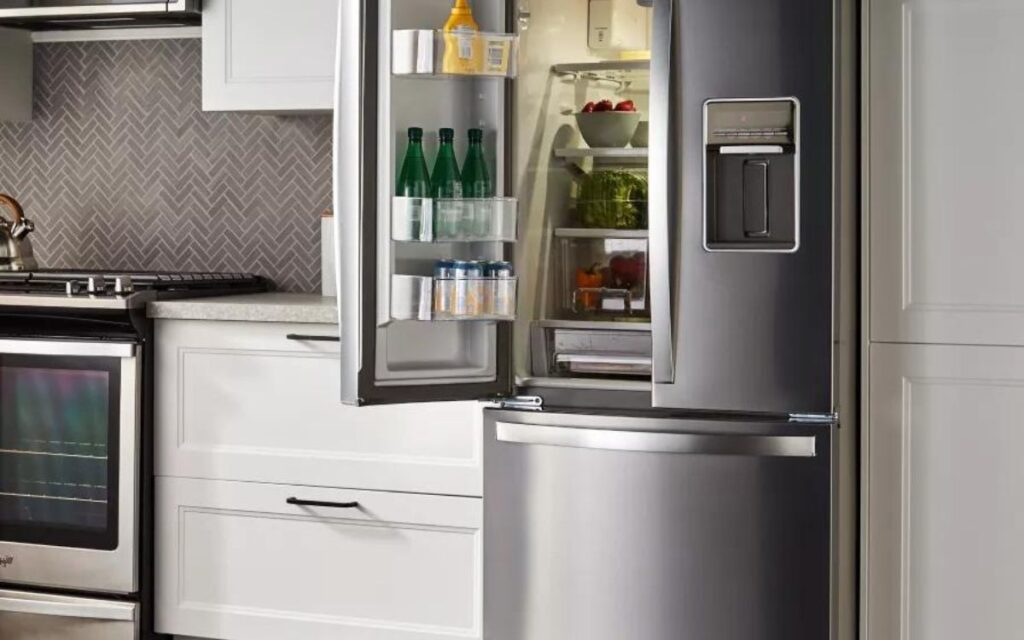
If you find yourself in a situation where you need to use an extension cord to power your refrigerator, be sure to follow these safety tips. First and foremost, use a heavy-duty extension cord that’s specifically designed for large appliances. This ensures the cord can safely handle the power draw of the refrigerator.
Next, ensure that the cord has a ground. This will help prevent electrical accidents and protect your appliance from potential damage. It’s an important aspect that often gets overlooked, but it could be the difference between a functioning fridge and a significant electrical issue.
Avoid running the extension cord under rugs or through doorways where it could be pinched or damaged. Also, keep the cord away from areas where it might be stepped on or tripped over. This can lead to wear and tear that could eventually cause the cord to fail or create a dangerous electrical hazard.
Regularly check the extension cord for signs of damage. If you notice any fraying, exposed wires, or other issues, stop using it immediately and replace it with a new one. Damaged cords can pose a significant fire risk, which is not a risk worth taking.
Lastly, try to limit the use of the extension cord as much as possible. The less you rely on it, the better. Remember, the safest option is always to plug the refrigerator directly into a dedicated wall outlet.
Troubleshooting Issues When Plugging In a Refrigerator into an Extension Cord
In the event that you encounter issues when plugging your refrigerator into an extension cord, there are a few troubleshooting steps you can take. For starters, ensure that the extension cord is in good condition, is grounded, and is appropriate for appliance use.
If the refrigerator doesn’t power on, it could be an issue of inadequate power supply from your extension cord. Check the amperage and make sure the cord can handle your appliance’s power draw. If the cord is heating up, this is a clear sign that it cannot bear the load and you should stop using it immediately.
In case the refrigerator is running but not cooling adequately, the extension cord might not be delivering enough power. Again, it’s crucial to verify that the extension cord is rated to handle the power requirements of your appliance. Replace the extension cord with a higher capacity one if necessary.
Always remember that the longer the extension cord, the more the voltage drop. So, if your refrigerator is far from the outlet, consider using a short, heavy-duty extension cord to minimize power loss.
On the other hand, if the refrigerator is tripping the circuit breaker, the issue might not be with the extension cord itself but a problem with your home’s electrical circuit. Don’t ignore this; instead, consult a professional electrician to diagnose and rectify the issue.
Lastly, if you have doubts or concerns, don’t hesitate to reach out to a licensed electrician or your refrigerator manufacturer. It’s always better to err on the side of caution when dealing with electrical appliances for your safety and that of your home.
FAQs
In the quest to understand the aspects of using extension cords with refrigerators, several questions often arise. Below we address three frequently asked questions about this topic, to clear up any lingering doubts you may have.
Q: What type of extension cord should I use for my refrigerator if necessary?
A: If it is absolutely necessary to use an extension cord for your refrigerator, it is crucial to opt for a heavy-duty one that is specifically designed for large appliances. This type of cord is capable of handling the high power draw that refrigerators typically have.
Make sure the cord is grounded and check for an indication of its wire gauge – it should be able to handle the amperage draw of your refrigerator. Utilizing an extension cord that isn’t rated for your refrigerator’s power draw could lead to overheating and possibly a fire, posing a significant safety risk.
Q: Can I use an extension cord for my refrigerator permanently?
A: While technically you can, it is not recommended to use an extension cord for your refrigerator on a permanent basis. Extension cords are not meant for long-term use and can pose a fire hazard if overloaded or used for a long period.
Additionally, using an extension cord for your refrigerator may also violate local regulations and the warranty terms provided by the manufacturer. It’s always safer and more advisable to plug the refrigerator directly into a dedicated wall outlet.
If this isn’t possible due to the placement of the refrigerator, consider hiring a professional electrician to install an outlet closer to the desired location.
Q: What are the potential risks of using an extension cord with my refrigerator?
A: The major risks of using an extension cord with your refrigerator include the possibility of fire, electrical accidents, and violation of warranty terms. Refrigerators are high-power appliances that draw significant current. An extension cord, particularly one not rated for such a load, could overheat and potentially cause a fire.
Furthermore, if the cord isn’t grounded or is damaged, it could lead to electrical accidents. Lastly, many refrigerator manufacturers specify in their warranty terms that the refrigerator should be plugged directly into a wall outlet, and using an extension cord could void this warranty.
Final Thought
While connecting your refrigerator to an extension cord might sometimes be necessary, it’s vital to remember that this should only ever be a temporary solution. Always prioritize the safety of your home and those within by only using extension cords that are rated for appliance use.
Avoid using cords that are visibly damaged or that heat up when in use. If you’re unable to avoid using an extension cord, ensure it is heavy-duty, grounded, and short in length to minimize potential voltage drops that could affect your refrigerator’s performance.
Lastly, remember that the optimal solution, when possible, is to have a dedicated wall outlet installed by a professional electrician near your refrigerator. This way, you won’t have to question, “Can a Refrigerator Be Plugged Into an Extension Cord?”
